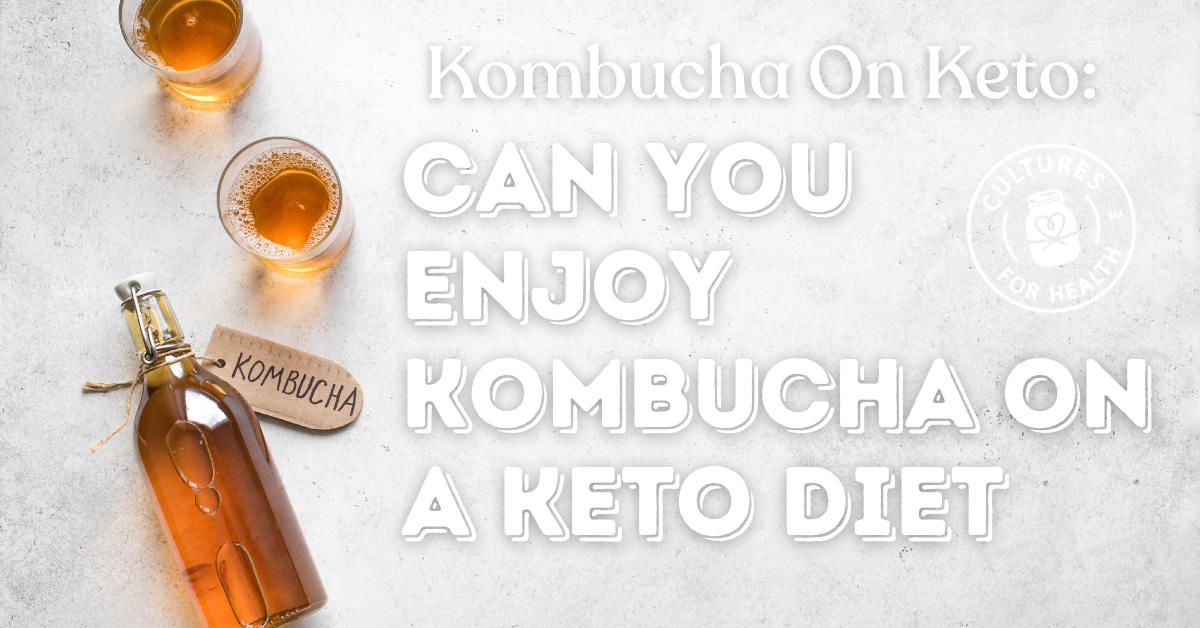
After I shared our favorite dill pickle recipe yesterday, I ended up with a few questions. Specifically, why would you be adding tree leaves to your pickles? Oh, and where do we find them? Well, I’ve given it away already, haven’t I? The one ingredient I’ve used over and over again for crunchy pickles of a variety of vegetables is leaves. But they can’t be just any leaves. They have to contain a very specific compound or they’re not going to work. That compound is tannins. Some say that this compound inhibits an enzyme that can make the vegetable go soft. I don’t know about all of that, but I know it helps us get delicious, crunchy pickles almost every time. There are some temperature factors in how well your pickles crisp up. Most of these are fairly extreme, so for the purpose of our topic I think we’ll stick to the leaf discussion.
You can find tannins in a few leaves:
Wild grapes were common in the Mid-West where we used to live, so I would often tiptoe barefoot out to the vines and grab a few leaves. Horseradish is also commonly found in the wild. Now we have a plethora of mesquite trees to grab a handful of leaves from.

Some of these seem inaccessible, but black tea leaves are quite common in many households. In her book, The Complete Idiot’s Guide to Fermenting Foods, Wardeh Harmon recommends using a pinch of black tea leaves, which also contain tannins. Tannins can produce an unpleasant flavor, so don’t go overboard. It is thought that oak leaves contain the most tannins, so use fewer of those than you would the other varieties. In a half gallon of pickles, I have found three grape leaves to be sufficient. A couple of tablespoons of mesquite leaves do the trick in a quart jar. A pinch of black tea should also be sufficient for a quart of pickles. Always rinse the leaves, as you might the produce going into your ferment. The larger grape and oak leaves also make a great top to a jar of vegetables, assisting in the weighting down of those pickles that like to bob up.
















